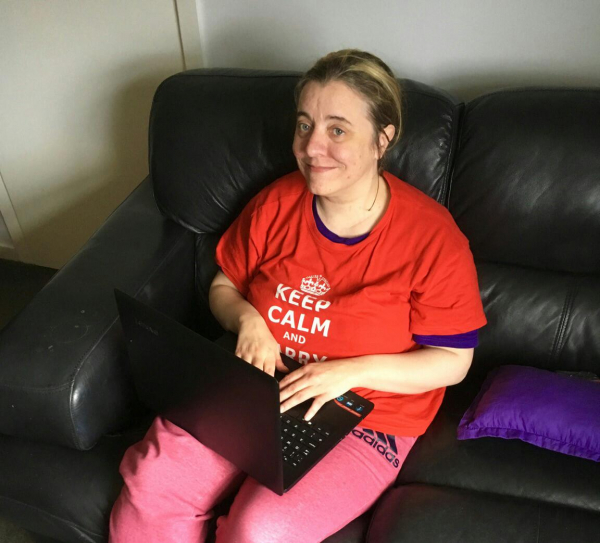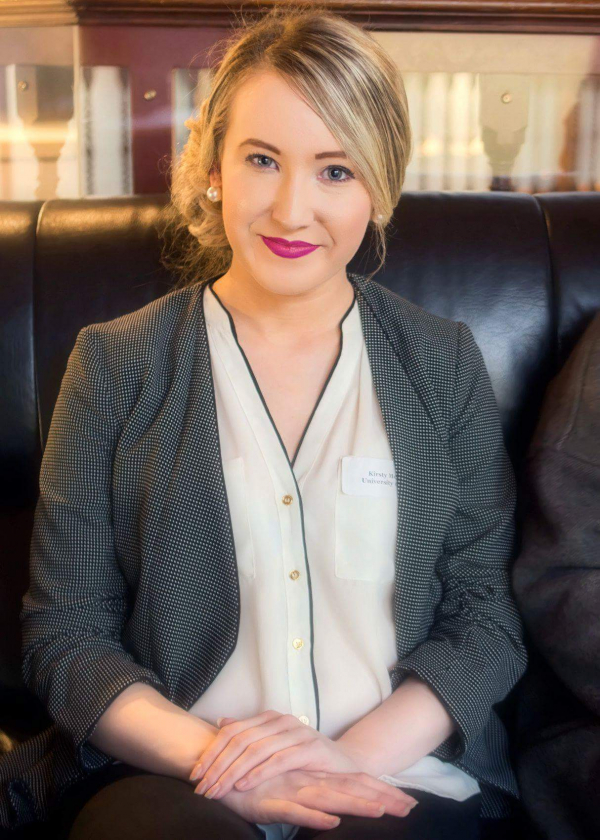Getting the Questions Right
Ken Aitken, Clinical Psychologist, University of Glasgow
This article was written in an effort to stimulate more productive discussion and focus around the value and importance of autism research in Scotland. I want to make the case for a significant increase in autism research funding, and how to make it count. Some suggestions are given on how we can improve the situation and why we should all become more involved in helping to make it better, stronger, more influential, and, most importantly, more useful.
Over recent years I have had many discussions with autistic people, their families, carers, clinicians, and teachers, and with many people actively engaged in various avenues of practice development and research into autism. I have heard many conflicting viewpoints, put with equally strong conviction. Sadly not everyone’s fondly held belief can be correct. With the benefit of hindsight I want to offer my own perspective for discussion.
Nothing I write here is intended to cause offence. I am not arguing for the Luddite position that we don’t need to waste money on research because all our monies would be better spent on bolstering and improving our overstretched practical services. Neither do I want to suggest that most of the important questions have already been answered. Nor do I want to argue that decisions on research should be left to the many committees and experts who are trained in considering such things. Autism research is now more important than ever.
It will be the greatest use if we can identify the most helpful questions to ask. As is happening elsewhere, applied research should command the greater share of resources and needs to be carried out well to help advance practice. There continues to be a role for theoretical as well as applied research, but a theoretical understanding of autism is not going to emerge soon and needs to be informed by better practical understanding.
British research in this area, has to date, taken a fairly standard competitive academic approach: funding agencies accept bids for research monies, and the chances of being successful depend on a mix of things like how many bidders apply, how good the proposal is - whether it has a clear question, and if it can be answered using the proposed approach, if it is novel, whether it is realistic on the funding applied for, how well the group have completed previous pieces of work within a time frame, and how well rated the output from that research was. Unfortunately, a proposal can tick all of these boxes as a piece of research but have little or no practical application. Britain, unlike Germany, the USA and, to a lesser extent France, has failed to appreciate and value sufficiently the importance of applicable research. We have focused on how academically important it is, ignoring whether it will have any likely benefits.
There is a need to convince researchers to engage more actively with diagnosed individuals, carers and clinicians, to understand the important issues that affect them, how these relate to autism or associated issues, and how they can be better understood. This will only work if there is a Government commitment to fund such a changed agenda. Currently, University departments encourage their staff to conduct and publish academic research that will give them as good a ranking as possible for the next Research Excellence Framework - the mechanism that dictates the level of central funding they will receive.
To formulate meaningful research we have to support autistic people, carers, clinicians, service providers, commissioners, and Government departments to collaborate and become more involved in a collaborative process of focusing the agenda. In the past, many of these voices were often ignored and a process of bridge building needs to be done to achieve this. This is a two-way process, and researchers are often as guilty of ignoring the views of others (both those on the spectrum and other researchers), as services and end users are of being unaware of the research. Research should try to answer questions people have that are important to them rather than operate in a vacuum.
We need to encourage greater involvement in research itself, and ways to disseminate and implement relevant findings to inform practitioners and those affected and focus on improving quality of life for all on the spectrum. To know what we need to do to achieve this we need evidence, and to get the evidence we need research.
For that research to have the greatest impact we need agreed standards for carrying it out. We need to take on board some recent developments elsewhere in order to do this.
Prioritising – asking, ‘what do we need to know’ questions rather than funding research groups who decide what they should look at, kick-started the recent growth of autism research in the United States. Their Interagency Coordinating Committee (IACC) was set up to develop a research agenda, minimise needless replication, develop a common research approach, increase collaboration and improve dissemination of findings. It has a wide range of representation and sets the framework - what questions do we need answers to and how can we achieve this.
The US agenda is driven by a research framework that began by identifying where work was needed. Today the US spends about the same amount per person on autism services, but over 80 times as much on research, much of this on showing what works, looking into the best ways to provide practical help, and how to estimate level of need.
Despite the mountains of research already published on autism, far more remains to be discovered than we already know. We need compassionate, involved and informed approaches to focusing on the most important, useful and relevant issues. This will be a ‘work in progress’ for many years to come. More open discussion of what is needed and more active involvement in autism research should reap many benefits.
You can contact Ken Aitken for a more detailed version of this article at drken.aitken@btinternet.com





